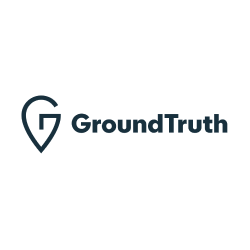Dive Brief:
- Facebook is expanding its efforts to limit low-quality ads by increasing the amount that are not approved and reducing distribution of more ads, it announced in a blog post.
- The platform will more strictly enforce restrictions on ads with low-quality and disruptive content, including those with "spammy content" that asks users to engage with it by requesting likes, comments and shares. It will also be cracking down on ads that purposefully withhold information to encourage people to click on them to understand the full scope, and ads that contain exaggerated headlines or bring about a reaction from people but fail to deliver.
- Ads with low-quality characteristics will have reduced distribution in the Facebook ad auction or will not be approved. The move applies to all advertisers, but ads related to media, entertainment, politics and issues will be impacted more, according to Facebook. Advertisers with multiple ads flagged because of low-quality characteristics may see the performance of all of their ads impacted.
Dive Insight:
Facebook taking aim at clickbait, spam and exaggerated content is part of the platform's ongoing effort to rebuild trust with advertisers and users in the wake of several scandals and controversies by ensuring users aren't annoyed by too many low-quality ads.
By focusing on higher-quality ad content, Facebook is likely trying to attract new advertisers around the holiday season and boost ad revenue. The company reported that its Q2 revenue growth rate decelerated about 7 percentage points from Q1 and that further deceleration is expected. And while ad spending on Facebook has mostly bounced back after slumping from March to May this year, advertising ROI has not recovered, according to a C3 Metrics analysis. Cleaning up its advertising ecosystem could improve ROI on the platform.
Facebook’s efforts to restrict ads with low-quality and disruptive content are also part of its commitment to improve transparency and user experience on the platform. Consumer trust and satisfaction in social media continues to decline, dropping 1.4%, according to the American Customer Satisfaction Index’s 2018 E-Business Report. Facebook ranked near the bottom, with a score of 67 out of 100 in the index, and publicly moving to improve the ad experience on its platform could help repair its reputation with users.
Ad quality is just one of several issues Facebook is facing. The social network has seen several high profile data breaches over the past few months, including the Cambridge Analytica scandal and reports last month that personal information of nearly 50 million users may have been exposed. The news also follows reports of new filings this week in an going lawsuit against Facebook surrounding its handling of faulty video advertising, which allege that the social network didn't address issues around reporting errors or communicate them with partners quickly enough.













